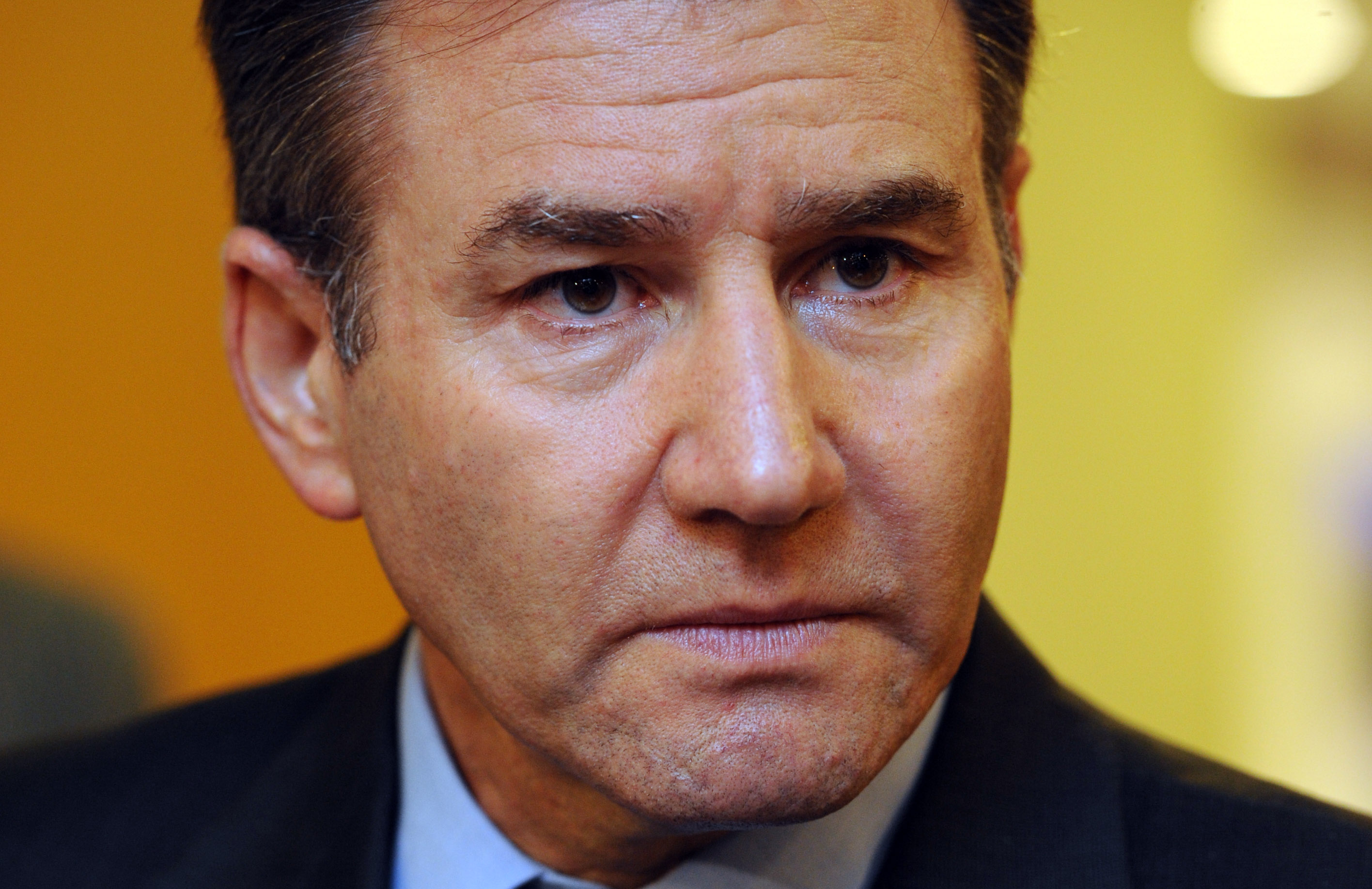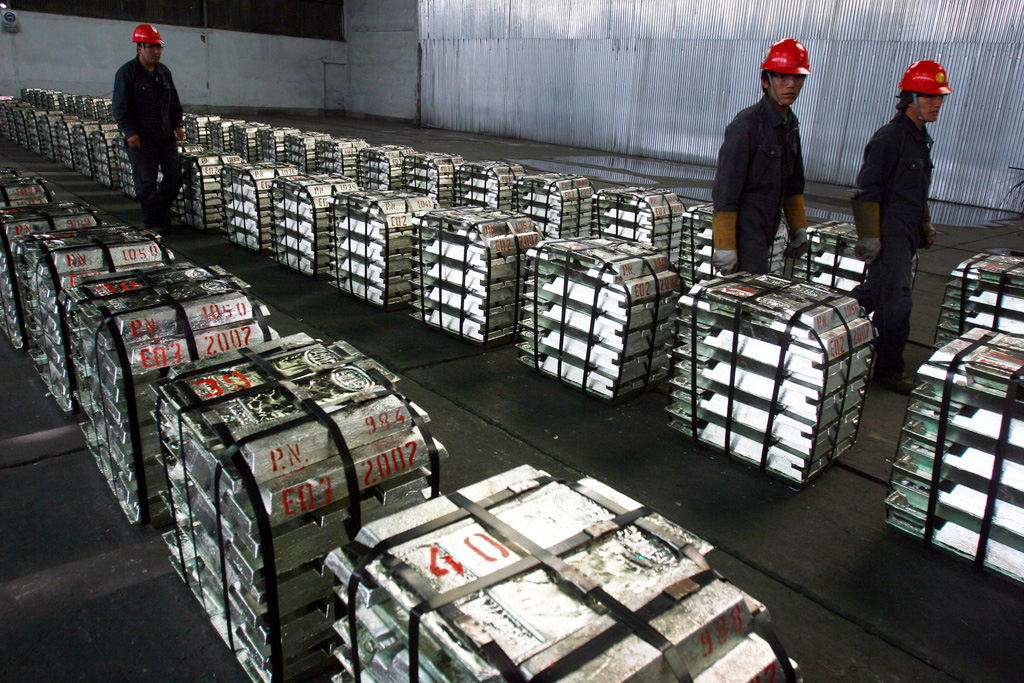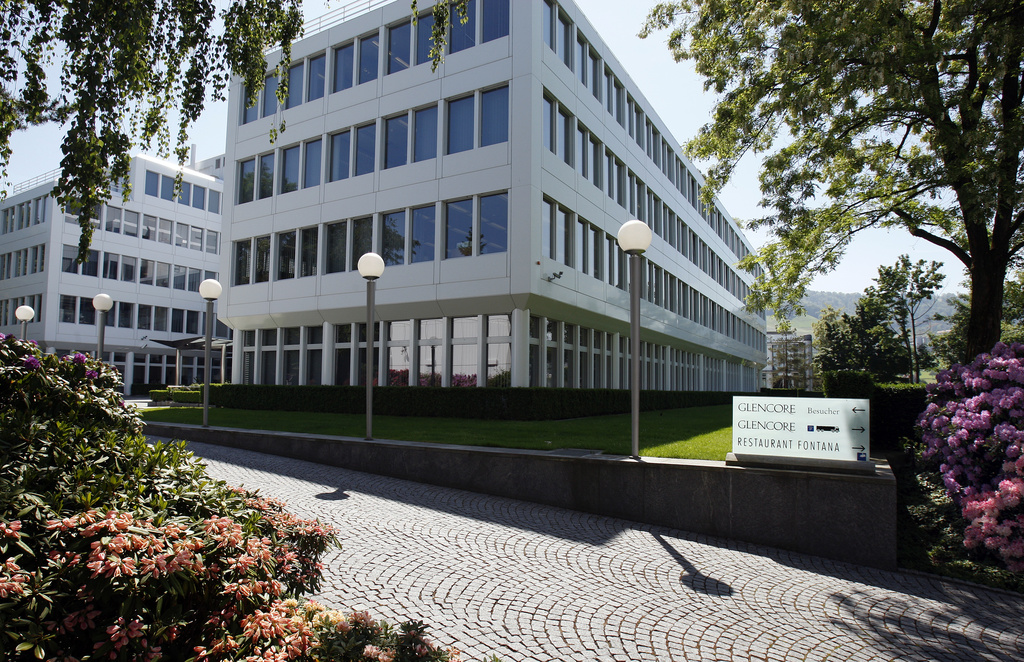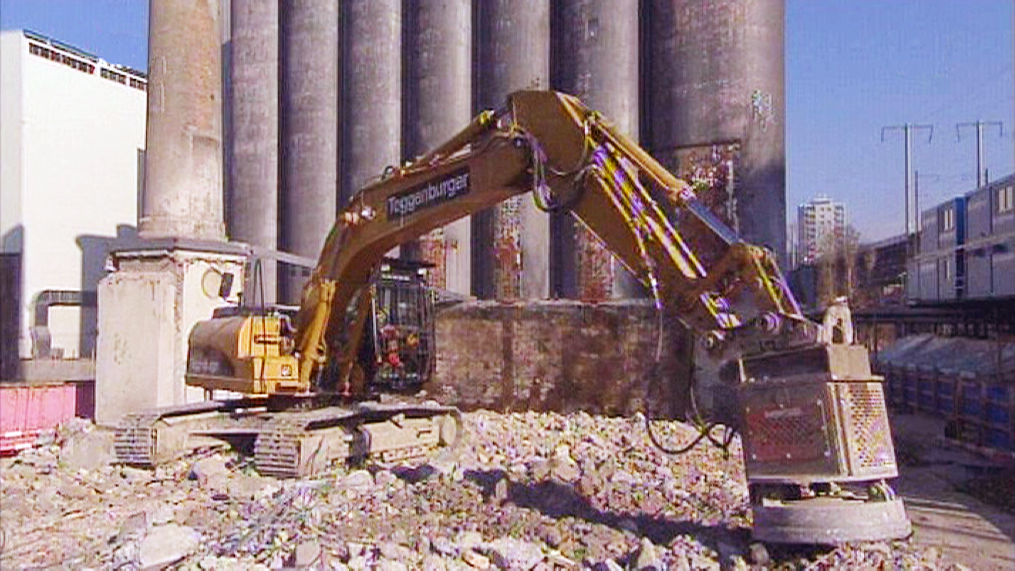Glencore head responds to criticism against firm

Ivan Glasenberg, the CEO of Swiss-based commodities giant Glencore, insists his company is doing a lot to help the people in the places where it operates – and that it would be willing to do more.
“We’d be happy to work with aid organisations,” Glasenberg told the German-language Tages-Anzeiger and Bund newspapers in an in-depth interview published on Wednesday.
It was Glasenberg’s first major interview in the Swiss press since a report released last month accused Glencore subsidies of violating human and environmental rights. Glasenberg dismissed these accusations, arguing that his company had strict environmental and social standards.
“We’re convinced that we’re doing good in the countries where we’re active,” Glasenberg said. He criticised non-governmental organisations for publishing reports on Glencore activities without soliciting feedback from the commodities firm.
As an example, he cited the Democratic Republic of Congo, where he said Glencore would, by the end of the year, invest $3.5 billion (SFr3.3 billion) in developing new mines while providing electricity and building roads, schools and hospitals.
Asked whether Glencore was in fact some sort of development aid organisation, Glasenberg said:
“We’re in these countries to make a profit for our shareholders, but we also contribute to development work. It’s in our interest to contribute to the welfare of the population through taxes and the creation of jobs.”
Glasenberg also downplayed the issue of corruption in poor countries. “The problem of corruption in connection with multinationals is exaggerated.”
The CEO said the planned merger of Glencore with the Swiss-British mining firm Xstrata was making progress and that both sides would profit.
Glencore had a turnover of $186.2 billion last year, making a profit of $4.3 billion.
Privately owned Glencore is one of the world’s largest traders of aluminium, nickel and other metals.
Based in Baar, canton Zug, the commodities giant was set up by notorious trader Marc Rich in 1974 as Mark Rich & Co.
Rich fled to Switzerland in 1983 to escape charges laid in the US – by then state prosecutor Rudolph Giuliani – of tax evasion in the US, before being pardoned by President Bill Clinton in 2001.
Rich sold his company to management for around $600 million in 1993, after which it was renamed Glencore.
Today it employs close to 3,000 people in its global marketing operations in some 50 offices in over 40 countries. In its industrial operations, Glencore employs
over 58,000 people in 33 countries.

In compliance with the JTI standards
More: SWI swissinfo.ch certified by the Journalism Trust Initiative




You can find an overview of ongoing debates with our journalists here. Please join us!
If you want to start a conversation about a topic raised in this article or want to report factual errors, email us at english@swissinfo.ch.